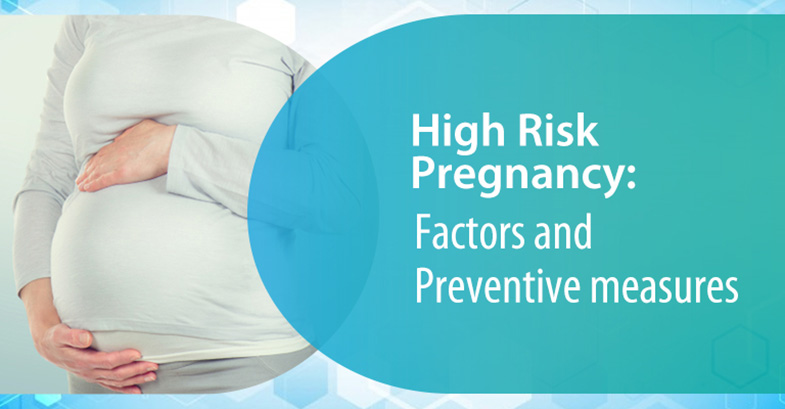High-risk pregnancy is one in which the mother, baby, or both are at an increased risk of health problems during pregnancy, childbirth, or after delivery. This designation doesn’t mean that problems will occur, but it highlights the need for enhanced monitoring and care.
Factors Contributing to a High-Risk Pregnancy
Several factors can contribute to a high-risk pregnancy. Understanding these factors can help expectant mothers high-risk pregnancy in Pratap Nagar, Jaipur, seek timely medical advice and appropriate care.
1. Maternal Age
- Young Mothers: Pregnancies in teenagers are often considered high-risk due to the potential for complications such as preterm birth and low birth weight.
- Advanced Maternal Age: Women over 35 are also at a higher risk for pregnancy complications, including chromosomal abnormalities, gestational diabetes, and high blood pressure.
2. Pre-existing Medical Conditions
- Diabetes: Both pre-existing diabetes and gestational diabetes can pose risks, including high birth weight and preterm delivery.
- Hypertension: High blood pressure can lead to conditions like preeclampsia, which can be dangerous for both mother and baby.
- Autoimmune Diseases: Conditions such as lupus and rheumatoid arthritis can increase the risk of complications during pregnancy.
3. Pregnancy-Related Conditions
- Preeclampsia: This condition, characterized by high blood pressure and protein in the urine, can lead to serious complications if not managed properly.
- Multiple Pregnancies: Carrying twins, triplets, or more increases the likelihood of preterm birth and other complications.
- Placenta Previa: This occurs when the placenta covers the cervix, posing risks of bleeding during pregnancy and delivery.
4. Lifestyle Factors
- Smoking and Substance Abuse: These can lead to a range of complications, including low birth weight, preterm birth, and developmental issues.
- Obesity: Excessive weight increases the risk of gestational diabetes, preeclampsia, and cesarean delivery.
5. Previous Pregnancy Complications
- History of Preterm Birth: Women who have had a preterm birth in the past are at higher risk for another preterm delivery.
- Recurrent Miscarriages: Multiple miscarriages can indicate underlying health issues that may affect current pregnancies.
Managing High-Risk Pregnancy
Dr. Sarita Agarwal provides comprehensive care for high-risk pregnancy in Pratap Nagar, Jaipur through personalized monitoring and treatment plans. Management strategies may include:
- Regular ultrasounds and fetal monitoring.
- Specialized tests such as amniocentesis or chorionic villus sampling (CVS).
- Nutritional counseling and weight management.
- Medication management for chronic conditions.
- Education on lifestyle modifications to reduce risk factors.
Conclusion
Understanding the factors that contribute to a high-risk pregnancy is crucial for expecting mothers and their healthcare providers. With proper care and monitoring, many of the risks associated with high-risk pregnancies can be effectively managed, ensuring a healthier outcome for both mother and child.






Comments